Hair loss or hair fall is one of the most common and prevalent problems among humans. Almost every person has faced this problem at a certain age in his life. It is quite natural to lose hair strands because hairs grow in three phases i.e. anagen, catagen, and telogen. When hair is in the anagen phase it grows actively. In the catagen phase, it neither grows nor falls off. However, in the telogen phase, the hair rests and falls off. If you are losing almost 100 hair strands a day, it is quite normal but if the hair fall exceeds this limit, you might be suffering from Alopecia Areata.
However, it is now possible to get rid of this hair loss condition. Alopecia treatment in Dubai has been introduced to fight bald spots and dramatic hair thinning.
Table of Contents
What is Alopecia Areata?
Alopecia Areata is an autoimmune disorder that occurs when your immune system attacks the hair follicles and ceases their growth. As a result, the hairs shrink and fall out in clumps leading to round and hairless patches all over the scalp. In some cases, hair may regrow without treatment. Alopecia totalis is a more severe form, involving complete loss of scalp hair, and is not a guaranteed progression of alopecia areata.
Alopecia areata can occur in both men and women but men are more susceptible to hair thinning as compared to women. There are two main causes of this disease i.e. stress and genetics. If it runs in your family, you are more likely to get affected.
Are you an ideal candidate?
You can be an ideal candidate for alopecia areata treatment in Dubai if you meet the following candidacy criteria.
- You should be mentally and physically fit.
- You should be aged 18 or above.
- You have developed round bald patches on the scalp.
- You should have realistic expectations from the treatment.
- You desperately want to have your hair back.
How to treat Alopecia Areata?
There are various techniques to treat hair loss problems especially alopecia areata. But Hair transplant may not be suitable for Alopecia Areata due to the nature of the condition. Mentioned below are some effective alopecia treatments that can stimulate the growth of your hair and save you from complete baldness.
Topical Minoxidil: A minoxidil solution is applied to the scalp and gently rubbed twice a day. Consequently, the hair growth is stimulated and you will see noticeable results within 2-3 months. Minoxidil is primarily used for treating male pattern baldness and its effectiveness in Alopecia Areata varies.
Laser Hair Loss Therapy: It is a non-surgical, safe, and may be effective treatment for hair loss. In this treatment, low-level laser light is used to stimulate hair growth.
Mesotherapy: In this technique, some minerals and vitamins in tiny quantities are injected into the scalp. These minerals include zinc, biotin, folic acid, and vitamin B. They stimulate blood circulation, help the scalp to repair itself, and nourish the hair follicles. This may help reduce hair loss.
Platelet Rich Plasma (PRP): It is a rejuvenation therapy that utilizes the regenerative power of your blood. The platelets in your blood are rich in growth factors that are injected into the scalp at the targeted areas. It accelerates cell regeneration, potentially stimulating hair growth. PRP therapy requires multiple sessions.
Topical Immunotherapy: It is also an effective alopecia treatment in Dubai. You can opt for it if you are suffering from severe hair loss. In this technique, a special chemical substance is applied to the scalp once in several weeks. This substance causes minor irritation and a controlled allergic reaction in the scalp tissues, potentially stimulating hair growth.
Hair Transplant Surgeon
Benefits
The benefits of alopecia treatment are as follows;
- It stimulates the flow of blood within the scalp.
- It improves the texture of hair.
- It does not damage your scalp skin.
- It improves the strength of hair roots.
- It is responsible for restoring the hair on the patchy areas.
- It also nourishes the hair follicles.
Recovery & Results
The recovery period of alopecia treatment varies from one individual to another based on factors like the technique used and the severity of the problem. Soon after the first session of treatment, you will notice a few results. However, final results will appear in almost 2-3 months. The newly grown hairs will be thin and fine initially but with time they will become dense.
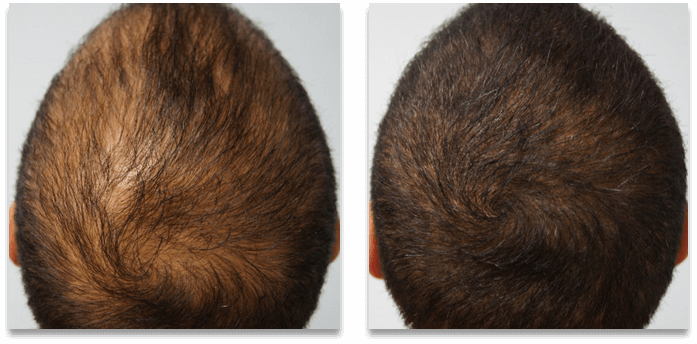
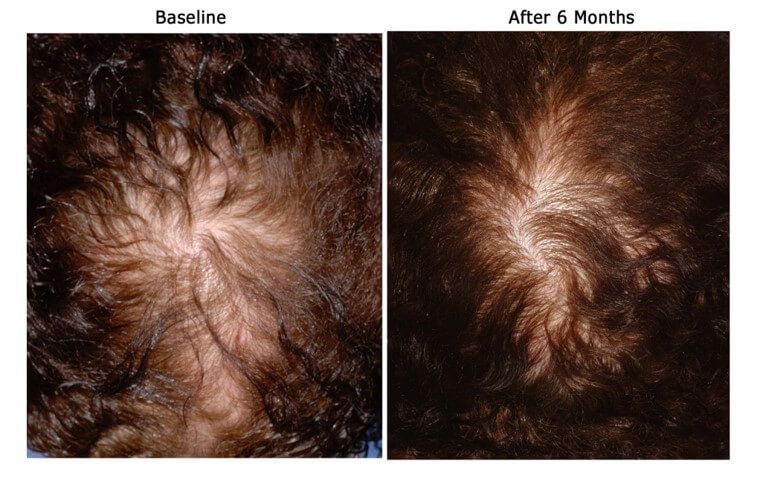
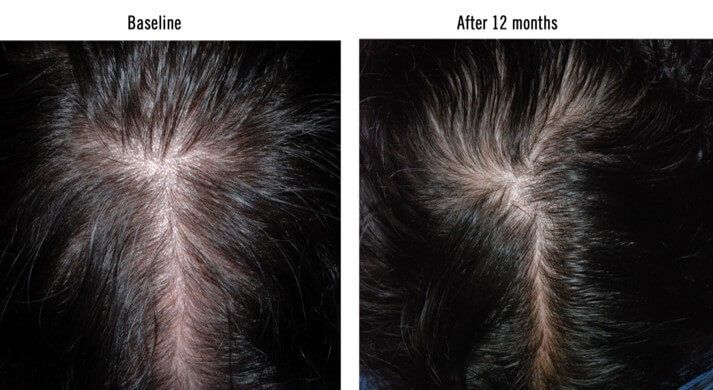
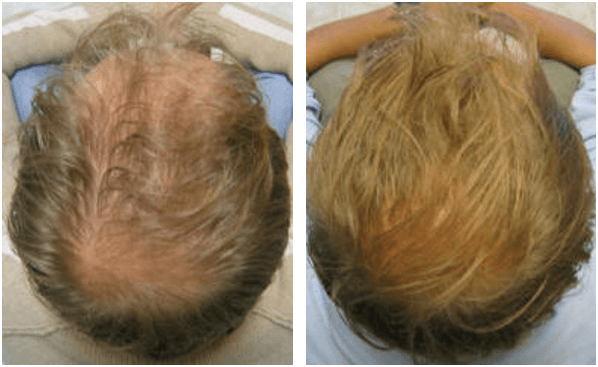
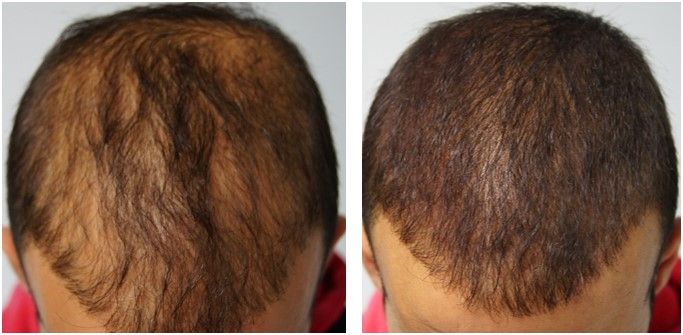
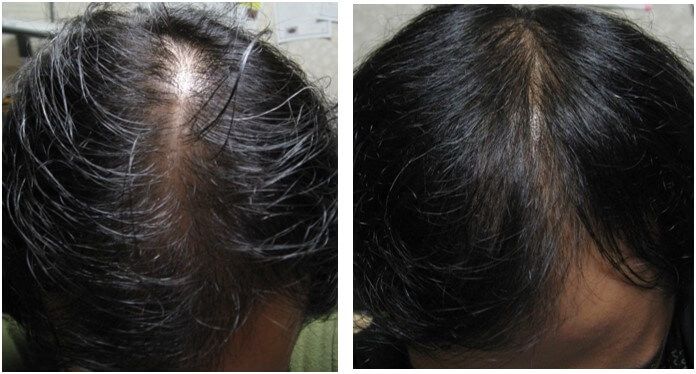
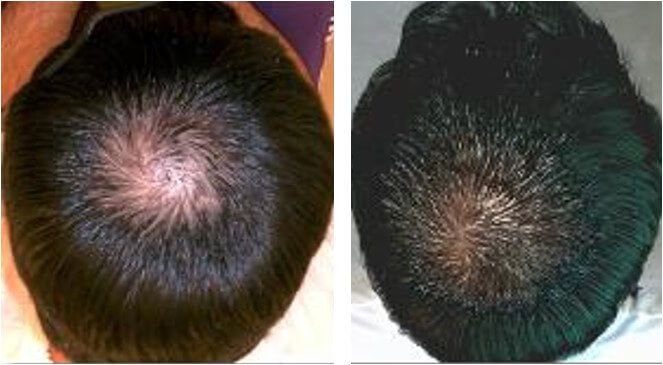
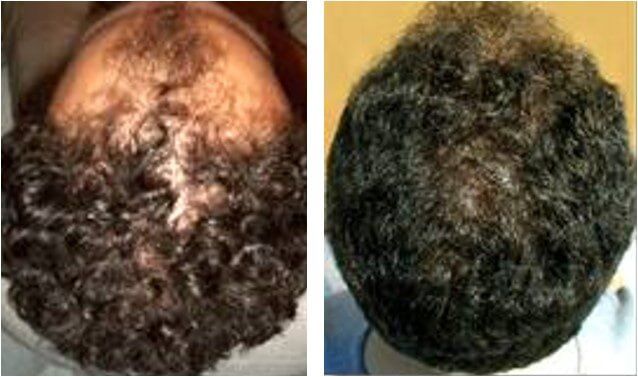

Schedule A Free Session
If you are interested in undergoing alopecia treatment in Dubai, you can book a free initial consultation at our clinic. At Dubai Cosmetic Surgery Clinic, our experts will guide you about all the hair loss treatments and will help you in resolving your concerns. Fill in the form given below and we will get in touch with you to schedule your consultation.
Fill in the form to get a consultation
100% Financing with 0% Interest


